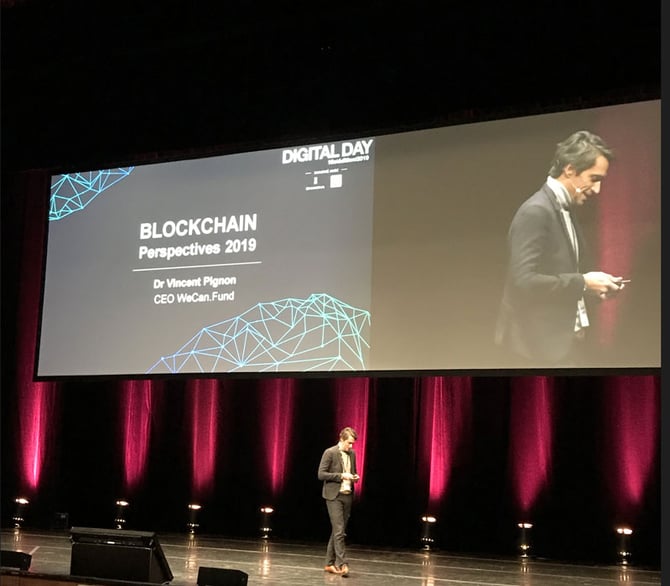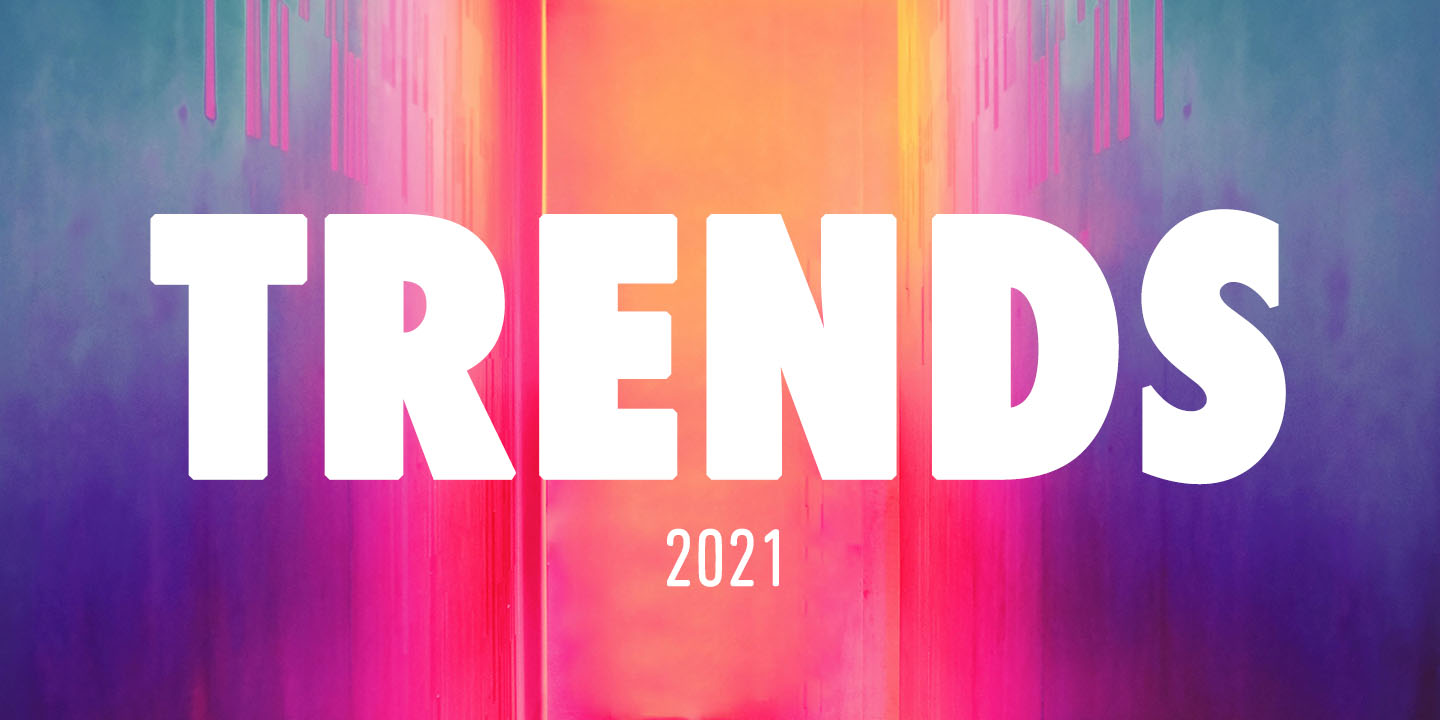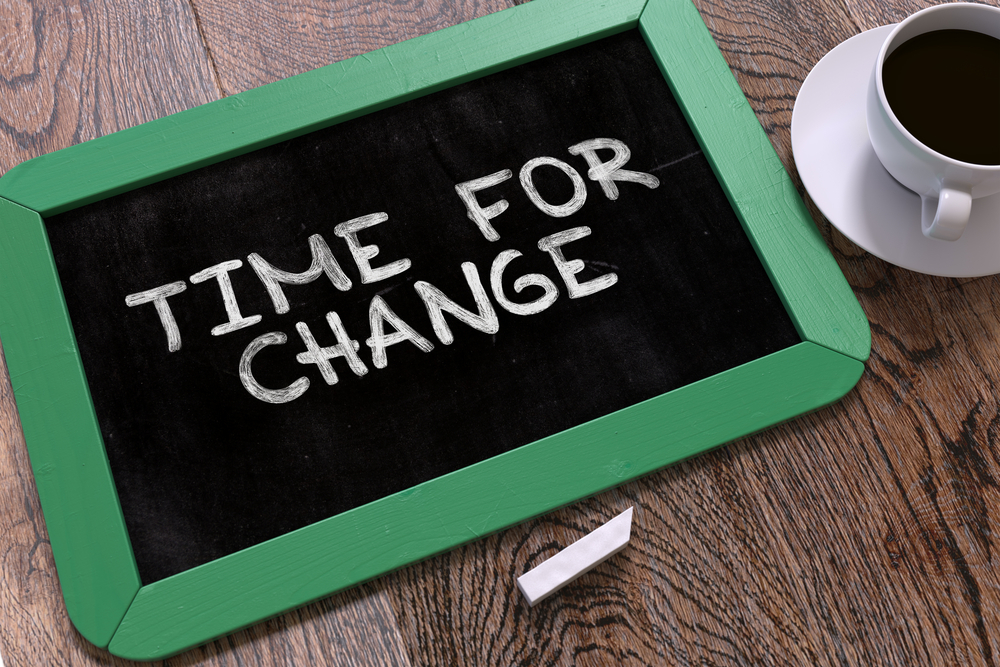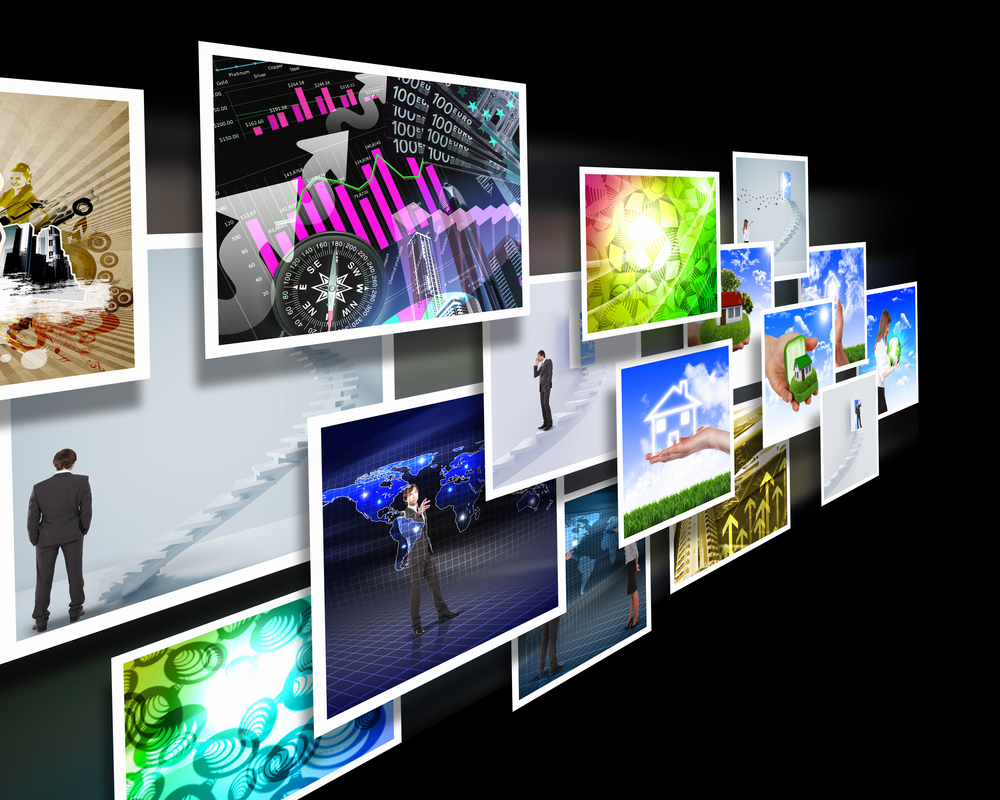-
Digital Marketing
Wir helfen Ihnen, Ihr digitales Potenzial zu entfachen. Für eine starke Positionierung, mehr Sichtbarkeit und mehr Leads.
Get Growth ready
Mit dem BEE.Transformance Modell bringen wir kontinuierliches und profitables Wachstum in Ihr Unternehmen. Ein neues Mindset für Ihr Team.
Industrien
Wir transformieren Ihre Herausforderungen in Chancen, durch unsere Erfahrungen die wir bei Projekten in diesen Industrien sammeln konnten.
-
HubSpot Services
Als HubSpot Diamond Partner helfen wir Ihnen, Ihre digitale Wachstumsstrategie mit Fokus auf die Performance umzusetzen - durch die Implementierung und Integration von neuen und bestehenden Systemen sowie 3rd Party Apps.
HubSpot Thought Leader
Als HubSpot Diamond Partner mit +50 Zertifizierungen, Host der HubSpot User Group Zürich, HubSpot Trainer und HubSpot User Champions haben Sie Zugriff auf fundierte HubSpot Expertise.
HubSpot Solutions
Das BEE Theme bietet Ihnen so viel kreative Freiheit wie kein anderes Theme am Markt. Einsteiger oder Profi, kreativer Kopf oder digitale Agentur – mit dem BEE Theme entfalten Sie die maximale Leistung für Ihre Seiten in HubSpot CMS spielend einfach.
-
BEE.Blog
Wissen rund um Digital Marketing, Digital Sales, Technologie, Data-Intelligence und Mitarbeitenden.
Knowledge Base
Wissen pur: alles Wesentliche konzentriert, kompakt, digital für Sie aufbereitet und zum Download bereit.
Was ist Inbound
Der effektivste Weg, digital Marketing und digital Sales erfolgreich zu verbinden.
-
BEE.Team
Die BEE.Performers: viele unterschiedliche Charaktere – mit einer Gemeinsamkeit: Die Faszination und das Brennen für eine digitale Welt.
Referenzen
Mehr als 100 grosse und kleine Unternehmen sind bereits mit BEE gestartet: zu mehr Sichtbarkeit, mehr Performance, mehr Wachstum.
Investieren
Partizipieren Sie am Wachstum von BEE und werden Sie Teil der BEE Growth Story.
Wir stellen ein
Werde zum BEE.Performer! Bist du bereit für die eigene Transformation?
Highlights of Crea Digital Day 2019
What you can expect...and what not
Let me get this straight. I do not intend to write a blog post to judge the “good,” “the bad”, “the ugly”. First of all, until I organized such an event myself, who am I to judge? Second of all, the older I get, the more I watch out for “judgemental type” comments, blog posts and being manipulated into some thinking.
So, in case you are interested in a short curated piece of content about this year’s 10th anniversary of CREA Digital Day and some of the highlights - please read on.
A firework of inspiration in 1 day with 15 speakers and 1400 attendees
Given the richness of content during this short-lived one day with Crea Digital, it is impossible to choose just one or two contributions and do justice. I will, therefore, try to focus on the ones whose content in my point of view present a “gateway to the future”. If you have a rainy afternoon at your disposition make sure to watch all of the fantastic videos on youtube.
The elements that will help unleash blockchain’s full potential in 2019

Let me start with Dr. Vincent Pignon who talked about the different perspectives of blockchain in 2019 and what elements might need to be considered for this technology to break through.
i) accessibility
ii) security
Other aspects to be taken into consideration are the iii) scalability and the iv) adoption of blockchain across different industries. To make the latter completely clear, Vincent used the amazing example of "We can wine" – applying the blockchain technology to the industrialization of wine.
If you were not lucky enough to be amongst the winners of one of the ten bottles of the "Domaine du Paradis" make sure to visit them for a "degustation". It goes without saying that this is just an example to convey the potential power of blockchain technology across different industries (see full video here).
His speech is followed by an interview between Laurent and Lara (Pagnier) about the latest trends in the retail industry.
Some of the critical retail trends in 2019
Impressive, how we have arrived in times where “online stores” go off-line and re-invent the “brick and mortar” retail experience completely. In a nutshell here are the trends they talked about, followed by some of the brand examples mentioned:
i) Multi-channeling is not the future – it’s the present.
While in the past you were mainly concerned about the rental cost of your store nowadays you need to look at “cost of acquisition” (CAC) leading to one key quote of the interview: "CAC is the new rent". Check out this blog in case you are interested in a more profound explanation.
ii) Convenience
...and there are multiple ways (NOT one -online or offline- way) of playing it – be it that you order in-store and get delivery whenever you like – to your door. Alternatively, you look at it in-store and order at your time of preference online – in the color and the shape/quality you like. Anything’s possible as long as it is convenient.
iii) Make a difference in the world.
Not sure how? Well – take a quick look at the state of the planet – and you’ll get the idea (the chances are high that it’s got something to do with ecology and biology).
Brands mentioned in the above context and worth checking out if you haven’t done it yet:
Everlane ("We believe we can all make a difference. Our way: Exceptional quality. Ethical factories. Radical transparency." The slogan speaks for itself.)
Away (Direct to consumer suitcases with a battery inside. The company has a partnership with an association to stop the war in the world making this at least an "empowering" purchase.)
Casper (The mattresses are delivered directly to your home, without a physical store. One hundred nights of testing, if you are not satisfied they get the mattress back and give you a full refund. The mattress will go to a charity. The Salvation Army is their first partner in the United States.)
IKEA (aims to achieve a circular economy by 2030)
iv) Emerging business models in sustainable retail – based on the following phenomenon largely discussed:
We live in a world where waste, whether food or industrial, is less and less tolerated. Moreover, we have faster access to information in the event of a scandal, which wakes us up and affects us emotionally more when a brand we use is in a state of torpor and thus no longer fulfills the "ethical" contract we had. These changes in perception, where we leave, the mass overconsumption initiated by generation X, create the following paradox: the world has given birth to a giant named Amazon of an overpower from which new actors with 1000 values emanate. Here a shortlist:
1- second hand: https://www.selency.co.uk/
2- re-commerce: https://wornwear.patagonia.com/
3- rent vs. own:
https://www.thenational.ae/lifestyle/fashion/renting-instead-of-buying-inside-the-second-hand-fashion-market-1.775097
https://www.owler.com/company/ycloset
4- subscription-based models: https://www.honest.com/bath-and-body-products/family-essentials-bundle
5- consumer supported agriculture
One contribution that was not mentioned – which is surprising given the event took
Eco Moliterno is talking about “Big Experiences.”
So Eco manifests that advertising is not anymore about “big ideas”, but it is about creating “big experiences”. Entertaining is not enough anymore we have to interact with them.
He points out, compared time spent vs. ad spent (North American numbers) there is a significant gap on mobile that corresponds to about $US 7 bn – It’s not about doing advertising there – it’s about creating experiences for people that are using their mobile instead of their desktop.
Eco goes on to explain that the past 50 years followed a specific evolution before the “EXPERIENCE” era was born. The next era is the era of “RELEVANCE” / “HYPER RELEVANCE”. The best way to be prepared for this is to create “tailored experiences”. Also, try to be “THE BEST” for our consumers.
The perfect example of his thesis is the “Santander Case”. See for yourself!
How to grow your business in a connected world with the four c’s!
Another highlight was the contribution by Asher Rapkin (Facebook) who opened his speech “People First: Building ideas that thrive in a connected world” with a bold statement: “There’s never been a better time to have a good idea”.
He goes on to explain that this is because the shortest path to market is the fastest path to growth, and companies that have embraced that change which is made possible by digitization have enormous growth rates.
One of the key messages Asher gives is the following:
So as you transition from a desktop application to a mobile app, going from words to pictures, to videos and finally to stories – the critical question remains: What separates the good ideas that work from the ones that are forgotten? The four key points he elaborates on are the following:
i) curation → Build for discovery, show up where they are, pitch-play-plunge
ii) community → Discover the things that matter and let the world know why you matter to them, example “Johnson&Johnson”– “Inspire”, “Nike” – “Celebrate”, “Purple Boys”
iii) conversation → Messaging is about expression and immediacy, visuals/emojis.
iv) commerce → make it as frictionless as possible, help products find people
If you can embrace those four c’s and start building – then you will be able to prove that “there’s never been a better time to have a good idea”!
It almost “hurts” to skip one of the highlights – “Jeremy Rifkin” – and go right over to Simon Sinek, but I’ll promise to write more about him in another blog article.
Simon Sinek Interview in three parts with ARNAUD GROBET
I’ll be bold now and confess that the first two interviews touched me deeply on a personal level because merely seeing Arnaud and Simon “connect” again in the context of this tenth anniversary was simply amazing, real and heartwarming. Since many of us have watched Simon’s Ted Talk about the Golden Circle and his infamous interview about the Millennial generation I will get right to the biggest “news value”:
He talks in the third video about the release of his new book “The Infinite Games”. His manifestation in the book is the following: Companies have the choice either to consider their existence as a finite game, i.e. with a winner and losers, real objectives in the short term, sailing like a liner on the seas, slow and moving by the lift of its coarse weight. Or to consider the life of the company as an infinite game, continuing to play relentlessly, expressing a strong cause, creating and supporting a team of trust, with existential flexibility and considering competitors as a source to surpass themselves. All this while swimming in a sea where rules can change quickly and ready at any time to adapt continuously. Take a look.
I can’t wait for the release of this book which will hopefully happen by June/July 2019! Keep your eyes open.
A new way of teaching in the 21st century
Finally the last speaker – “Teaching in the age of Youtube” by Filipi Cabalzar, Mathrix
His presentation is precisely like his videos on Youtube, straightforward, direct, with surprises and above all a lot of humor! So what better way to sum it up than to take a look at this short clip where he talks about the idea of believing in yourself and overcoming false inner believes to turn yourself into a state of constant motivation! He truly nails it and I hope he will have more and more impact on this new generation Z growing up right now.
I loved CREA Digital Day this year and can only recommend this event to anyone interested in digital trends speaking French and English and happy to travel to Geneva!
Kommentare
Ähnliche Posts

Webdesign Trends 2021 – unter dem Einfluss der Pandemie
Ergün Kayis | 4 Feb 2021
Die Existenz von Trends ist nicht unbegründet. Gerne folgt man dem was angesagt ist. Eine Grundhaltung, die Unternehmen für sich nutzen, um ihre Produkte und ...
reading time: 6min
Zum Blog

5 Anzeichen, die für den Wechsel des Marketing Partners sprechen
Ben Klein | 4 Nov 2021
Wer sich dazu entscheidet, in die Dienste eines Marketing Partners zu investieren, tut dies in der Regel, weil bestimmte Aspekte des Marketings besser von engagierten ...
reading time: 9min
Zum Blog

Unsere Webdesign Trends für das zweite Halbjahr 2019
Ergün Kayis | 23 Mai 2019
Design-Trends sind immer auch Geschmackssache. Manche werden gehasst, manche geliebt, manche gejagt. Es gibt Design-Trends, deren durchschlagende Kraft nur langsam ins ...
reading time: 5min
Zum Blog
